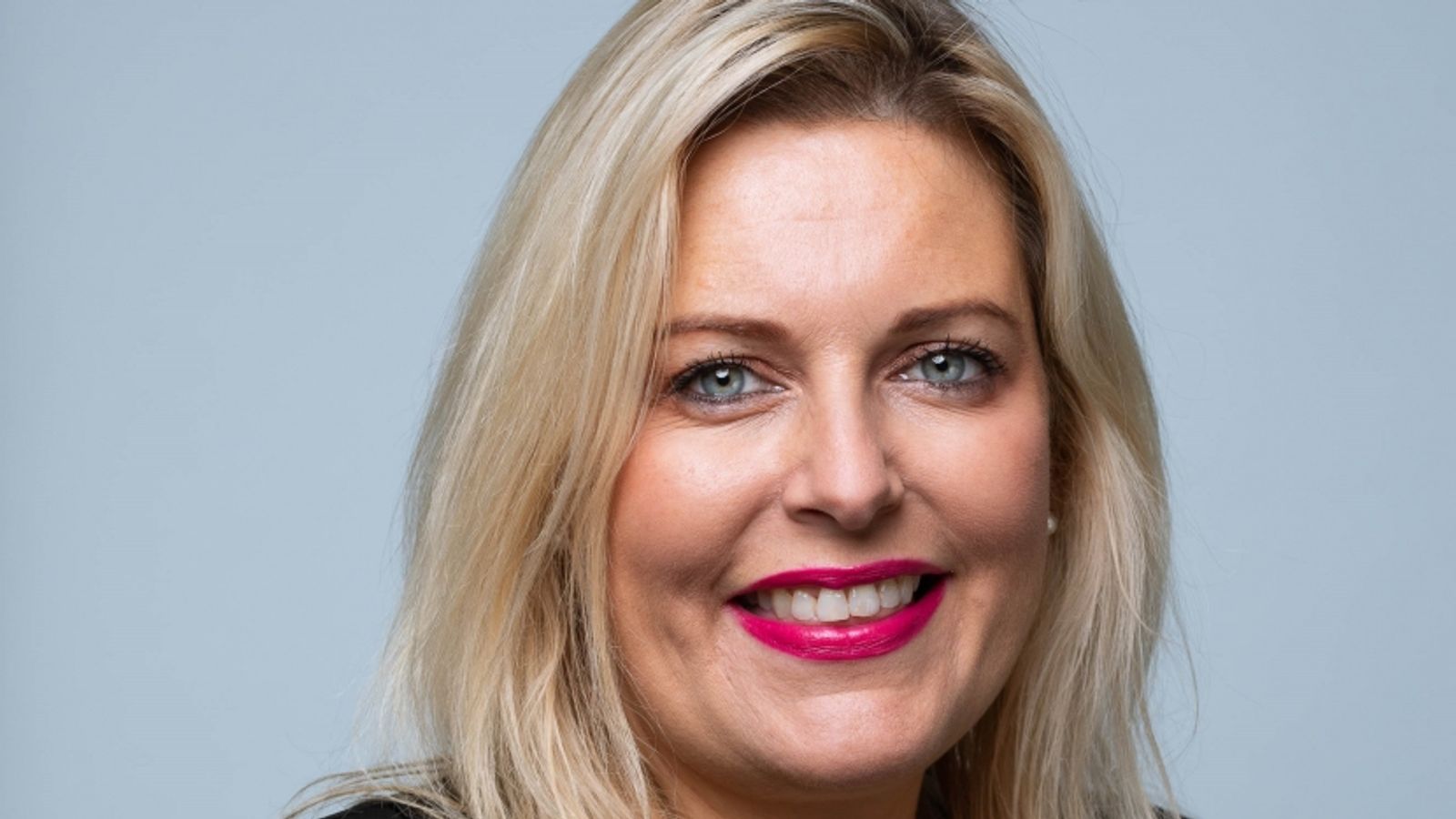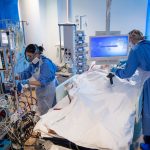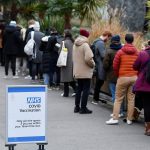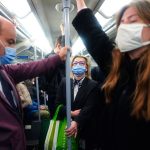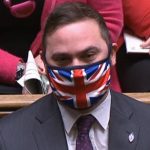A government minister has said she had her drink spiked on a night out in Sussex and had to be carried home.
Mims Davies, MP for Mid Sussex, said she found “something black” at the bottom of her drink while out in Haywards Heath, West Sussex, in 2019.
“I pulled it out and didn’t really think anything of it, and threw it on the floor,” she told BBC Radio Sussex.
“It was only later on I thought, ‘blimey, what was that?'”
Please use Chrome browser for a more accessible video player
The employment minister, 46, said she does not remember anything after her drink was spiked.
“It was absolutely awful, I had to be carried home,” she added.
The Conservative MP said she still does not know what the black substance in her glass was, but she luckily got home safely.
Gangs of London: Will 2021 be a record year for teenage killings?
Fireworks being set off to let people know there are drugs available, MP claims
Preston: Woman ‘injected with unknown substance in nightclub’ – as two others ‘have drinks spiked’ in city centre
Ms Davies has written to Home Secretary Priti Patel to ask what more can be done to tackle spiking following her experience.
She said products used to spike drinks should be restricted, as other drugs are.
“What on earth is in those products? Who’s buying them and who’s sourcing them? There’s more to this than meets the eye,” the MP said.
Please use Chrome browser for a more accessible video player
Hundreds of people are thought to be victims of drink spiking every year in the UK, according to the Alcohol Education Trust.
Alcohol or drugs are added to a drink without the knowledge of the person and it is sometimes linked to sexual assault and robbery, but the majority of reported incidents are not linked to any other crime.
Drink spiking carries a maximum sentence of 10 years in prison but perpetrators are often not caught due to the nature of the crime.
Last month, a spiking spate prompted a boycott of nightclubs on 27 October by students as they wanted to ensure the “spiking outbreak is taken seriously”.
In areas across the UK, including Cornwall, Brighton, Nottingham, Scotland and Londonderry, there were reports of mainly young women and teenage girls having their drinks spiked.
Students taking part in the boycott told Sky News: “We believe that by raising awareness of the dangers of spiking, we hope to break the stigma surrounding ‘girls just getting too drunk’.”
They called for clubs and bars to increase their entry security and for premises to provide free drinks protection, a medical centre and a safe way to get home.
A petition calling for the government to make it law that nightclubs search guests on arrival and prevent harmful weapons entering the premises received enough signatures to be considered as a topic for debate and response.
